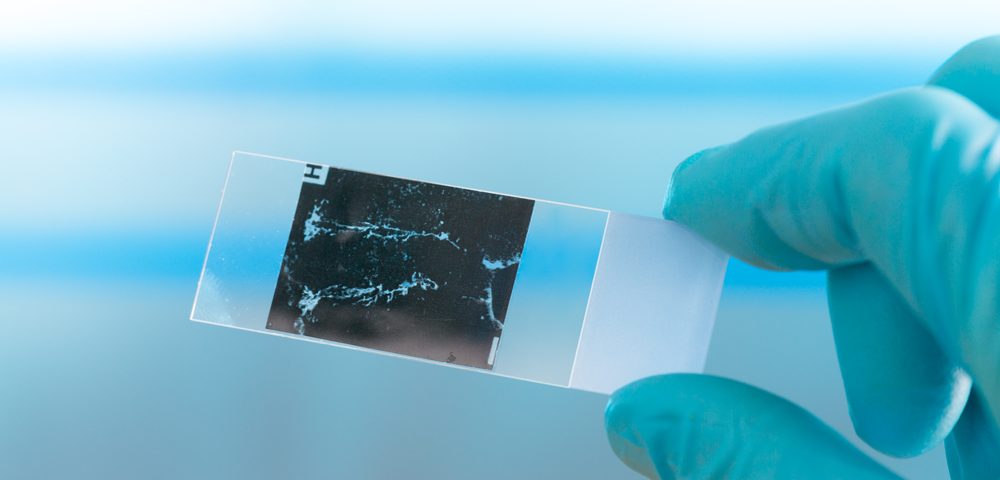Researchers have identified a protein that can inactivate one of the main pathways involved in the development and progression of colorectal cancer, a finding that may lead to the development of novel therapies that enhance the activity of the protein.
The study, “c-Cbl mediates the degradation of tumorigenic nuclear β-catenin contributing to the heterogeneity in Wnt activity in colorectal tumors,” published in Oncotarget, uses a new method to analyze the human biopsies, allowing researchers to accurately measure the amount of a specific protein found in each sample.
Colorectal cancer is the third most common cancer diagnosed in men and women in the U.S., according to the American Cancer Society. It is a complex disease caused by a number of mutations. In about 80 percent of colon cancer patients, these mutations lead to an increase in the production and nuclear localization of b-catenin, a protein of the Wnt signaling pathway that is involved in the progression and development of this cancer.
Recently, researchers at the Boston University School of Medicine found that the c-Cbl protein could target b-catenin for degradation, which led them to hypothesize that this protein could play a role in colon cancer.
Indeed, when they looked at patients’ biopsies, they found that the amount of c-Cbl in each sample negatively correlated with nuclear b-catenin, and that loss of c-Cbl led to an increase in cancer cell proliferation and tumor growth.
“We believe these findings could have clinical implications in managing patients with [colorectal cancer],” Dr. Vipul Chitalia, MD, PhD, assistant professor of medicine, said in a press release. “For example, c-Cbl could be used as a biomarker of patient survival. The discovery may also lead to new strategies to suppress [colon cancer] growth.”
Another important hallmark of this study was the method through which the tumor biopsies were analyzed. Currently, the amount of protein within a particular sample is determined through a semi-quantitative method. But an accurate estimate of the exact amount of each protein in a biopsy sample is needed to properly diagnose and treat patients.
In their study, Chitalia and his colleagues developed an automated, more accurate imaging processing technique that accurately measured the amount of c-Cbl and b-catenin and quantified the relationship between both proteins.
“We are excited about this discovery and the treatments that could improve the quality of life for [colorectal cancer] patients,” wrote Chitalia and his collaborators, Dr. Kevan Hartshorn, MD, professor of medicine, and Nader Rahimi, PhD, associate professor of pathology and laboratory medicine. “c-Cbl targeted therapy may provide a means to suppress the growth of [colorectal cancer] and possibly with lower side effects.”


